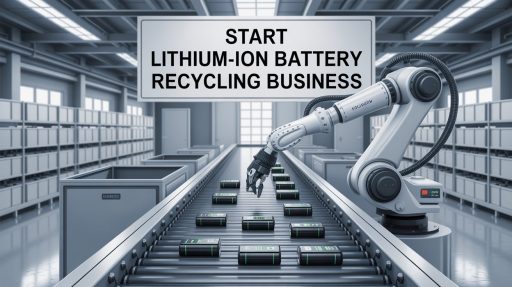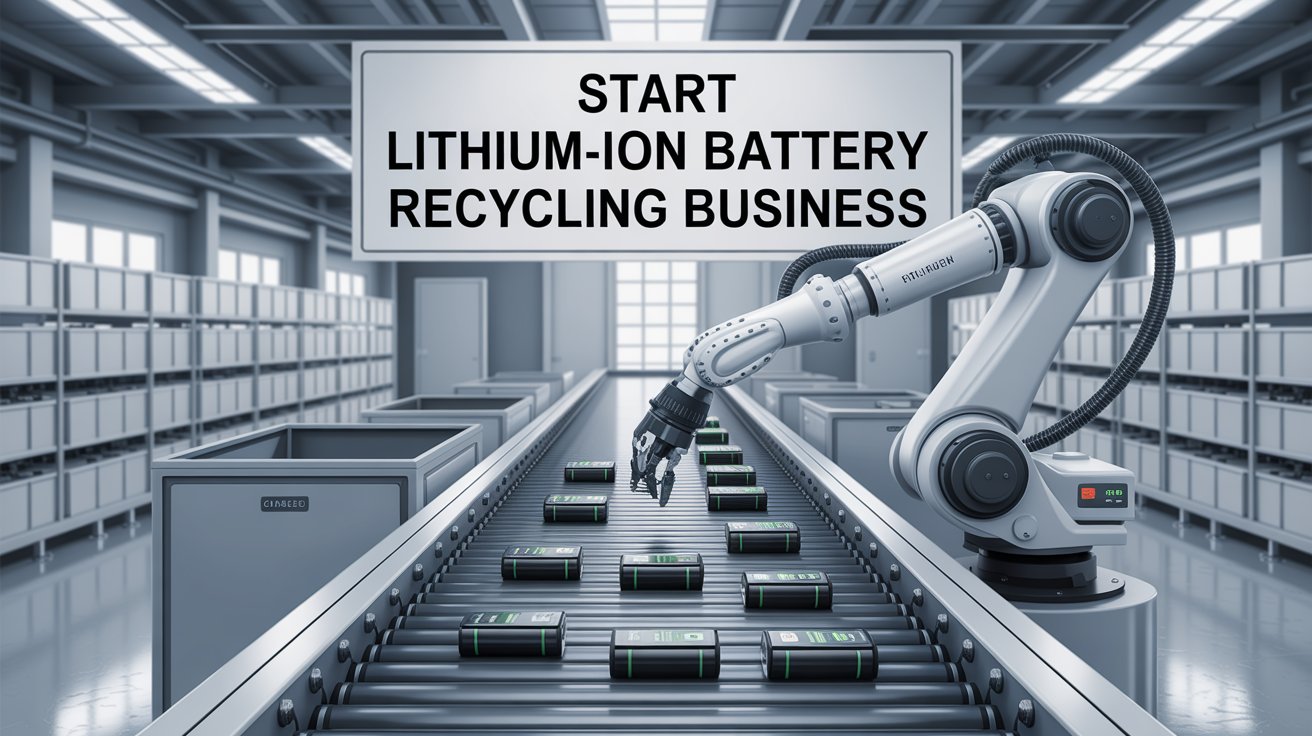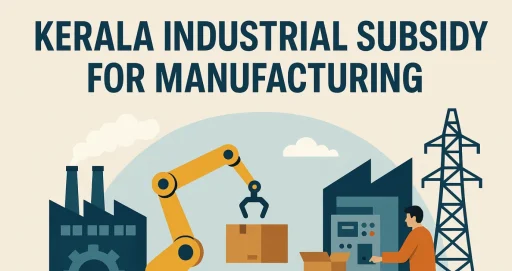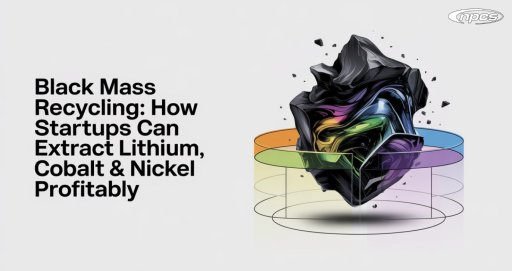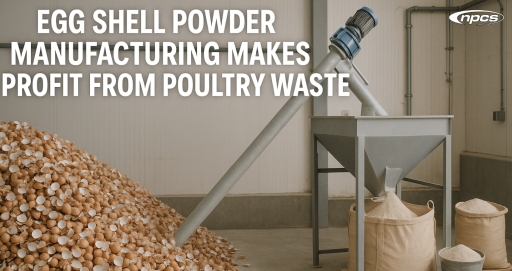The clean power industry is quickly adopting lithium-ion batteries as the power generation option of choice. This throws the spotlight on the payoff and waste management issues, along with the rising demand for them, spurred by a boom in electric vehicles, portable electronics, and renewables. To mitigate environmental damage and reclaim materials, a lithium-ion battery recycling business has to capture focus whilst balancing appeal and feasible profit.
This article will provide you with the necessary knowledge to launch your own black mass recycling business that recycles lithium ion, cobalt and nickel as well as other vital metals.
Project Report: Lithium Ion Battery Recycling Detailed Project report on …
What justifies the initiation of a Lithium-ion battery recycling industry?
A range of factors make this the most opportunistic time to start a lithium-ion battery recycling business:
- Rising demand for battery metals.
- Environmental regulations and sustainability goals.
- Government incentives and funding.
- Low competition in many regions.
- Opportunity for technological innovation.
Recycling lithium-ion batteries contribute to the circular economy by decreasing reliance on mining.
Understanding the Black Mass Recycling Process
The black mass recycling process is at the heart of any battery recycling business that deals with lithium-ion batteries. Black mass is a resultant powdery, sand-like material created as a byproduct due to mechanical processing of shredded batteries. The black mass contains a batch of precious metals like lithium, cobalt, nickel, manganese, and graphite.
Download Pdf: How to Start Recycling Business of Lithium Ion Battery
Key Steps in Black Mass Recycling Process:
- Collection and Sorting:
- Eliminate unused lithium-ion batteries from electric vehicles, smart phones, and laptops.
- Divide by battery type and chemical properties.
- Discharging and Dismantling:
- Safe discharging of batteries is necessary to eliminate potential explosion risks and ensure safety protocols.
- Remove the casing and separate parts either manually or by using a saw.
- Shredding and Separation:
- Subject the batteries to shredding to isolate black mass as well as other components such as copper and aluminum.
- Apply both magnetic and gravity separation techniques.
- Hydrometallurgical Extraction:
- Most black mass recycling methods rely on hydrometallurgical techniques.
- Acids are used in leaching to extract valuable metals from the black mass.
- Metals are obtained by applying solvent extraction or precipitation techniques.
- Refining and Resale:
- These refined metals are sold to the metal industries or batteries.
- They are appropriately disposed of or processed further.
Business Plan: A Business Plan For Recycling of Lithium Ion Battery
Essential Equipment and Infrastructure
In setting up a viable recycling business for lithium-ion battery, you require:
- Safety equipment and discharge stations
- Shredders and mechanical separators
- Acid leaching tanks and filtration units
- Metal recovery units (precipitation/extraction)
- Wastewater treatment system
- Fire safety and emission control system
Ensure that at all times your facility is certified and following all environmental and safety legislation.
Legal and Environmental Compliance
Prior to commencing, make certain that your lithium-ion battery recycling business adheres to:
- Pollution Control Board guidelines.
- Hazardous Waste Management Rules.
- Import-export regulations (if applicable)
- Local zoning and safety laws.
Obtain necessary licenses, including EPR and fire safety certificates.
Investment and Profitability
The initial investment for a small to medium-scale lithium-ion battery recycling industry may vary from ₹50 lakhs to ₹5 crores depending on automation and capacity. Profit margins are very high because of the value attached to the materials recovered:
- Cobalt: ₹3,000–₹5,000/kg
- Nickel: ₹1,200–₹1,800/kg
- Lithium: ₹1,000–₹2,000/kg
More advanced technology and efficient recycling will lead to more profitability.
Related Article: Lithium Ion Battery Recycling Business
Challenges in Lithium-ion Battery Recycling Business
Despite the industry’s potential, there are some obstacles you may encounter:
- Battery collection and logistics.
- Any safety risks, including fire or chemical exposure, are present. »
- High costs in terms of technology and operation.
- Skilled manpower requirements.
- Regulatory hurdles.
The solution to these challenges can be achieved through long-term planning, training, and automation.
Youtube Video: Lithium Ion Battery Manufacturing Business | Profitable Business Idea in Battery Industry
Future of Lithium-ion Battery Recycling
The mid to long term is offering great expectations for growth in the lithium-ion battery recycling business. As the adoption of EVs increases, black mass supply will also increase, thereby making the process of black mass recycling even more crucial.
Large improvements in recovery rates and possibly reductions in costs might be accomplished through the introduction of demanding technologies such as direct recycling and/or bio-leaching.
Conclusion
The lithium-ion battery recycle business is a lucrative and environmental one. Mastering the black mass recycling process will help pour money from recovered metals into a greener future. Given how more and more governments and corporations are setting sustainability on their agenda, the time has come for the budding industry to be set free.
For an emerging startup or a matured setup seeking expansion, the lithium-ion battery recycle business offers many possibilities for growth, innovation, and environmental impact.

